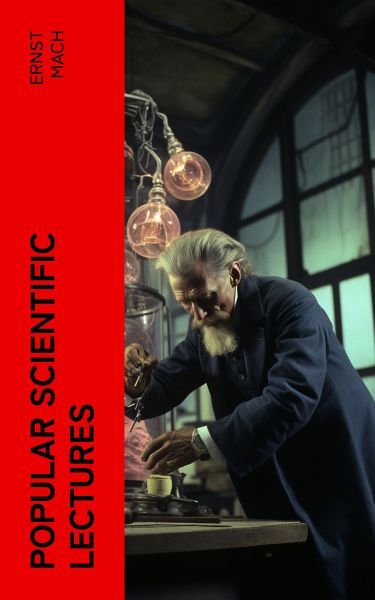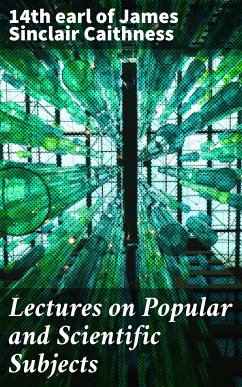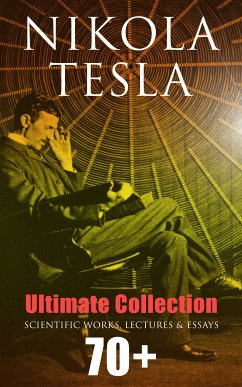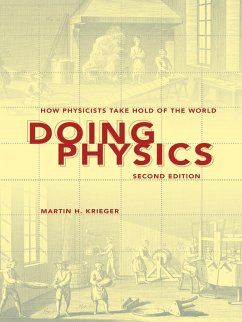
Popular scientific lectures (eBook, ePUB)

PAYBACK Punkte
0 °P sammeln!
The book presents the most important ideas popular in the scientific circles at the beginning of the last century. The articles include the following topics: the velocity of light, the fundamental concepts of electromagnetics, energy conservation, the principles of comparison in physics, remarks on the theory of special vision.
Dieser Download kann aus rechtlichen Gründen nur mit Rechnungsadresse in A, B, BG, CY, CZ, D, DK, EW, E, FIN, F, GR, H, IRL, I, LT, L, LR, M, NL, PL, P, R, S, SLO, SK ausgeliefert werden.













